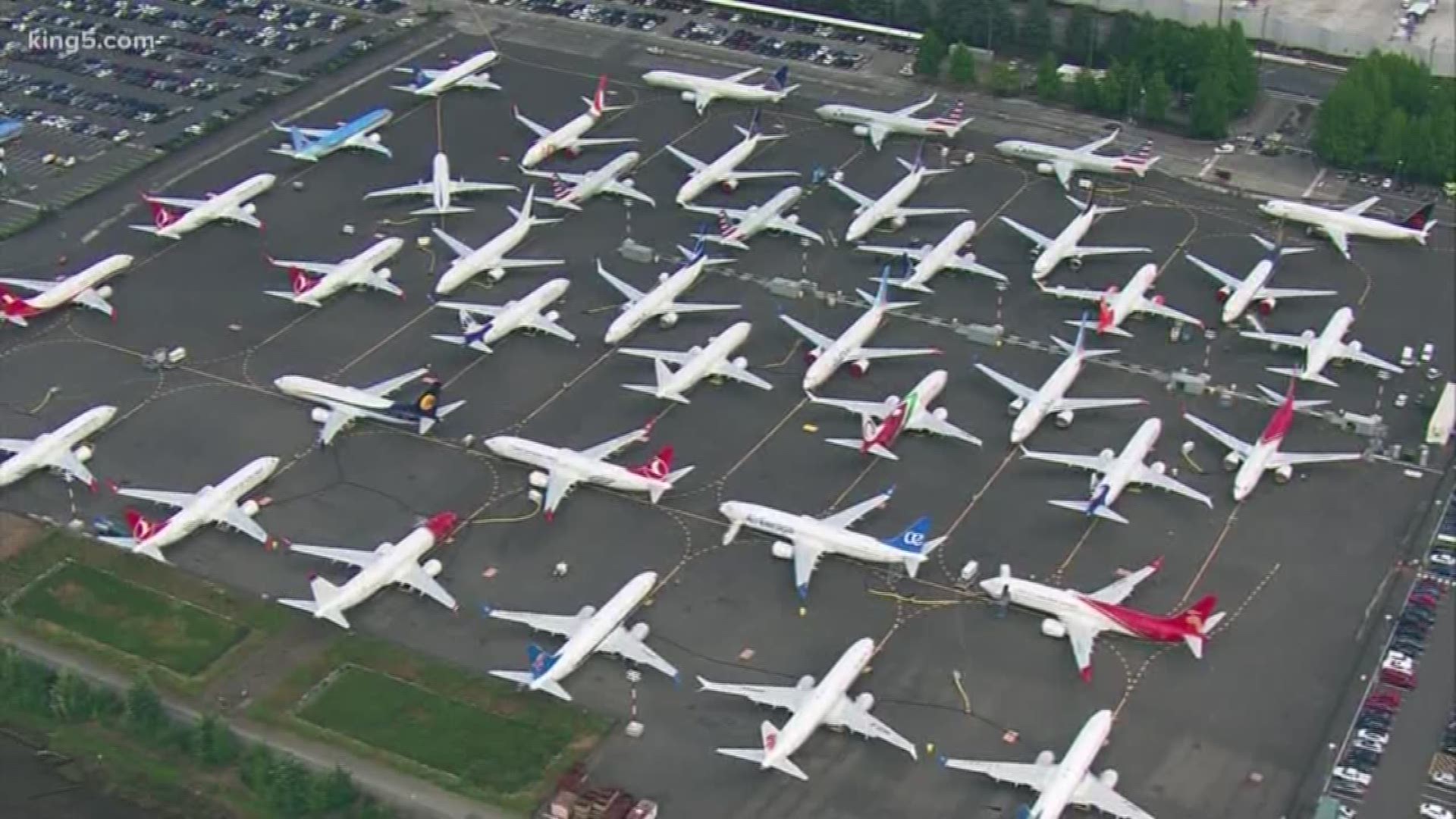A key lawmaker is calling on U.S. regulators to take into consideration the skill level of pilots around the world and not just the United States when making improvements to Boeing's grounded airplane.
Rep. David Price, D-N.C., also said Wednesday that he wants assurances that the Federal Aviation Administration is reviewing its practice of delegating some work to employees of aircraft manufacturers. Price chairs a House subcommittee that approves FAA funding.
During a hearing before Price's panel, FAA deputy administrator Daniel Elwell agreed that the agency needs to consider that planes certified in the U.S. are flown worldwide, but said its obligation is to regulate U.S. airlines and manufacturers.
"I'm sorry," Price cut him off, "but these are aircraft that are operating all over the world."
Boeing is making changes to its 737 Max airliner after two deadly crashes, and Price said he wants the company and the FAA to consider "what is it going to take to operate that plane safely" beyond just the U.S.
Pilot skills and training have emerged as key issues in the investigations of Max crashes that killed 346 people in Indonesia and Ethiopia. Some lawmakers have suggested that the accidents would not have happened in the U.S., where pilot training is often considered better. But even U.S. pilots have bristled at attempts to blame the crashes on pilots in developing countries and preliminary accident reports highlight the role of a Boeing flight-control system called MCAS that pushed the noses of the planes down.
Passengers who died were of many nationalities, including Americans.
Elwell, who was the FAA's acting administrator during the two accidents, defended the agency's review of the Boeing plane. Even though it delegated review of MCAS to Boeing, "we knew what the MCAS was for and why it was put in place," he said.
Elwell, however, repeated his view that Boeing should have told pilots about MCAS. Most didn't know about the system until after the Indonesian crash in October.
On other topics, Elwell also repeated the FAA's disagreement with conclusions of a whistleblower office that some safety inspectors who worked on pilot-training standards for the Max were unqualified. And he disputed numerous accounts of a rift between the FAA and other regulators.
At one time, Europe's top aviation official Patrick Ky insisted on conducting a separate review and floated the possibility of imposing more conditions on Boeing to get the Max flying again. Recently, however, he has sounded more conciliatory, suggesting that Europe could recertify the Max within days of FAA doing the same.
The FAA, Elwell said, has "probably never been closer with our colleagues internationally."

